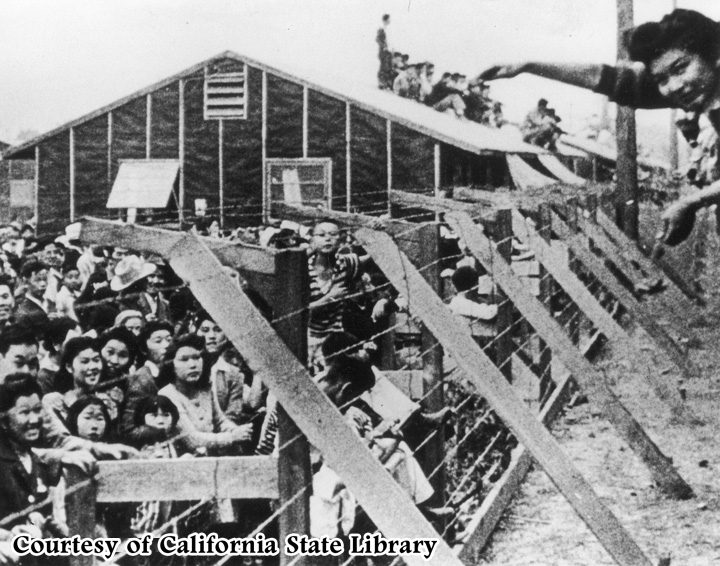American Movements: Understanding the Ideological and Institutional Basis for Japanese American and American Indian Relocations

This project explores the ideological and institutional synergy between the US federal government’s policies relating to American Indians and Japanese Americans by comparing the removal, internment, and relocation of Japanese Americans during World War II with the subsequent urban relocation of American Indians beginning in 1948 and institutionalized as Bureau of Indian Affairs (BIA) policy by the 1950s. A comparison of the War Relocation Authority—the civilian agency that oversaw the internment camps and relocation program — and the BIA's policies of termination and urban relocation, demonstrates a shared ideology that assimilation was necessary for economically and racially marginalized communities to fully enjoy the opportunities of American life, and raises questions about the historical relationship between democracy and diversity in US society.
This project was sponsered by the Institute for Humanities Research.
Karen J. Leong, Associate Professor, School of Social Transformation